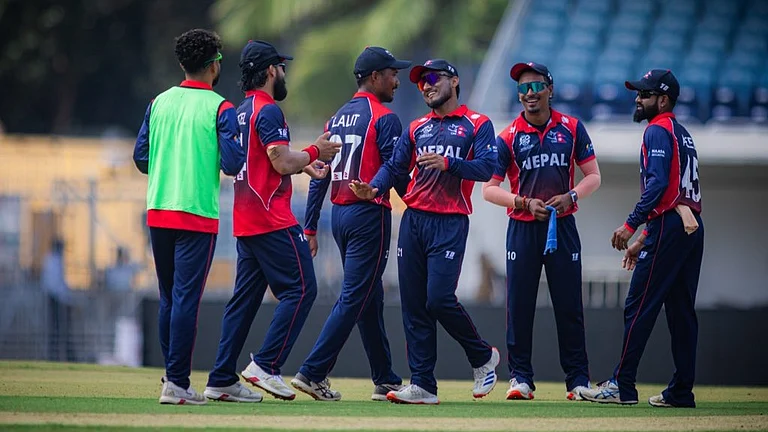AS the Pakistan People's Party (PPP) swept the June 30 elections in Pakistan-Occupied Kashmir (POK) and ousted the Muslim Conference, it didn't come as much of a surprise. Muslim Conference President and outgoing POK Prime Minister Sardar Abdul Qayyum's popularity had been on the decline for some time now. Qayyum, who had been at the helm of POK affairs for almost two decades, had been increasingly criticised on his style of governance and inattention to development activity. And his son Sardar Attiq's gross misuse of power didn't help matters.
Out of the 40 directly contested seats, results of 39 have been announced. While the PPP and its allies bagged 30 seats, Qayyum's party could only manage five. Twelve legislators are elected by refugees settled in Punjab, Sindh and the NorthWest Frontier Province. These seats tend to be controversial because their election is supervised by the Pakistani administration. In the last POK elections, when Nawaz Sharif, who is a political ally of Qayyum, was prime minister, all 12 refugee seats went to their two parties. This time, the JKLF (Amanullah Khan), boycotted the elections describing it as a "complete sham."
Qayyum, realising he stood little chance without the support of the federal and other provincial governments of Pakistan, boycotted elections to the refugee seats. After the elections, he alleged rigging in all 40 contests. But given the fact that his writ ran in POK, the allegation does not carry much weight. Qayyum also claims that he had tried to contact President Farooq Ahmed Leghari and the Army to help check the "limitless rigging", but does not specify their response, if any.
On its part, the federal government seems to have made all efforts to ensure free and fair polling so that New Delhi is not handed a rallying point in order to shift international attention from its own Kashmir problem. That is why when Qayyum got his man, Sikandar Hayat, elected POK president for the next 10 years just a month before the elections, the Benazir Bhutto government kept quiet despite pressure from the PPP.
According to federal minister Syed Khur-shid Shah, Qayyum is merely using these allegations to shift focus from his humiliating defeat and to gain public sympathy. In fact, Sardar Qayyum himself lost from one of the two seats he contested. All Muslim Conference stalwarts, including his son Sardar Attiq, also met with the same fate.
The reasons are not hard to find. Notwithstanding the fact that Qayyum is POK's most distinguished politician, his performance as an administrator has come under tremendous criticism. He is said to have run that state like a medieval 'benign patriarch' and charges of nepotism, corruption and mismanagement against his government were rampant. So much so that after a rift a few months ago, his own president, Sikandar Hayat, prepared a list of charges against him and proposed action thereupon. Among other things, Hayat had accused Qayyum of working against Pakistani interests in the Kashmir dispute. However, the matter was postponed to avoid controversy and attract New Delhi's attention. Now the federal government is likely to chargesheet Qayyum on the basis of those very charges.
As for the new dispensation, the PPP has yet to announce its candidate for prime ministership. (Constitutionally, Qayyum can remain prime minister until July 27.) There are three clear PPP aspirants for the post: POK party unit president and barrister Sultan Mehmood, former POK prime minister Mumtaz Hussain Rathore and former speaker of the POK Legislative Assembly, Sahibzada Ishaq Zafar. But there are strong indications that Sultan Mehmood would finally get the nod as he is very close to PPP decision-makers.
Besides, the PPP has made it abundantly clear that it intends to oust President Sikandar Hayat and install its own man. That position could possibly go to Sardar Ibrahim Khan, a former party leader who now heads his own party and had formed an alliance with the PPP before the elections. But all that, as with much else in this hilly region, still remains in the realm of speculation.

























